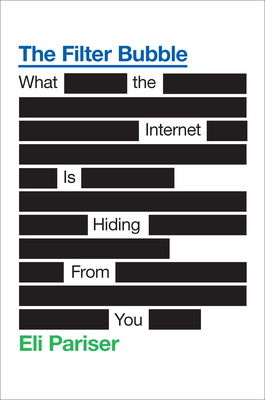There was so much buzz about Erik Larson's new book, In the Garden of Beasts that I actually went out and bought it even thought the library owns more than 10 copies. It was money well spent. The story is about William E. Dodd, the United States ambassador to Berlin in the early 1930's. Hitler was just starting his rise and Germany was in a state of flux. The United States was still suffering from the depression and most of Europe was still recovering from World War I.
Dodd, a professor at the University of Chicago lobbied hard for an ambassador position assuming it would give him time to finish his opus, On the Old South. He could not have been more wrong. Dodd was not part of the "old boy network" of the diplomatic corps and was almost totally frozen out from this group from the very beginning. An academic and an unassuming man, Dodd arrives in Berlin in 1933 with his wife, son, daughter and his beat up Ford sedan. This was in sharp contrast to the previous ambassador and indeed from some of his aides.
The story is meticulously detailed through the use of both private and public correspondence. It shows a man who was somewhat out of his depth but had a better read on the political situation in Germany than did many of his superiors in Washington and that he did more than he was given credit for. The book hints that Roosevelt placed Dodd in Germany because no one else would take the position and that once Dodd was in Germany Roosevelt left him alone to deal with the situation.
There is very little in the book about Dodd's wife and son. His daughter is the most complete family member and she is something else. A consummate party girl, Martha, takes up with a series of men even though her American divorce is not finalized. She runs through an alarming array of diplomats, new reporters, Nazi officers and a Russian embassy liaison assumed (and rightly so) to be a Soviet spy.
The book reads like a work of fiction, a trait of Larson's. But what makes this book so riveting is that from our point of view we can actually see what is coming and how Dodd was really left twisting by a government that wouldn't believe him. The story moves quickly and I will tell you that the more I read the more sympathetic I was towards Dodd. This is one very interesting book. There are hundreds of books about the lead up to World War II and Hitler's rise to power. In the Garden of Beasts tells the story from a different angle. It is most definitely worth the read.
Check our catalog
Dodd, a professor at the University of Chicago lobbied hard for an ambassador position assuming it would give him time to finish his opus, On the Old South. He could not have been more wrong. Dodd was not part of the "old boy network" of the diplomatic corps and was almost totally frozen out from this group from the very beginning. An academic and an unassuming man, Dodd arrives in Berlin in 1933 with his wife, son, daughter and his beat up Ford sedan. This was in sharp contrast to the previous ambassador and indeed from some of his aides.
The story is meticulously detailed through the use of both private and public correspondence. It shows a man who was somewhat out of his depth but had a better read on the political situation in Germany than did many of his superiors in Washington and that he did more than he was given credit for. The book hints that Roosevelt placed Dodd in Germany because no one else would take the position and that once Dodd was in Germany Roosevelt left him alone to deal with the situation.
There is very little in the book about Dodd's wife and son. His daughter is the most complete family member and she is something else. A consummate party girl, Martha, takes up with a series of men even though her American divorce is not finalized. She runs through an alarming array of diplomats, new reporters, Nazi officers and a Russian embassy liaison assumed (and rightly so) to be a Soviet spy.
The book reads like a work of fiction, a trait of Larson's. But what makes this book so riveting is that from our point of view we can actually see what is coming and how Dodd was really left twisting by a government that wouldn't believe him. The story moves quickly and I will tell you that the more I read the more sympathetic I was towards Dodd. This is one very interesting book. There are hundreds of books about the lead up to World War II and Hitler's rise to power. In the Garden of Beasts tells the story from a different angle. It is most definitely worth the read.
Check our catalog





